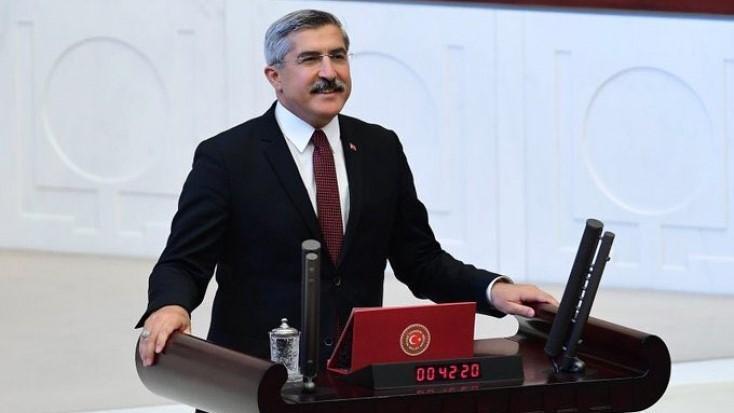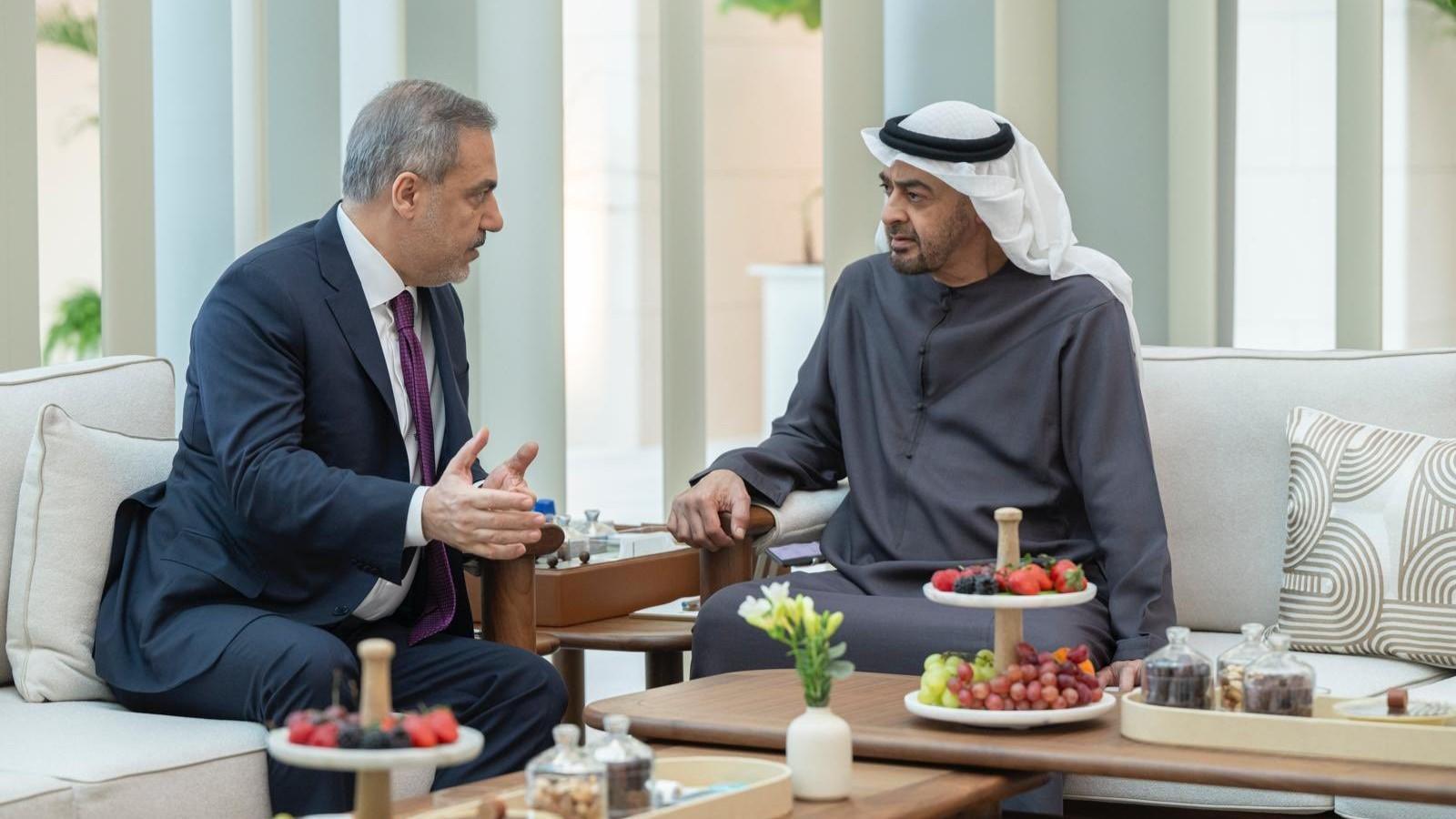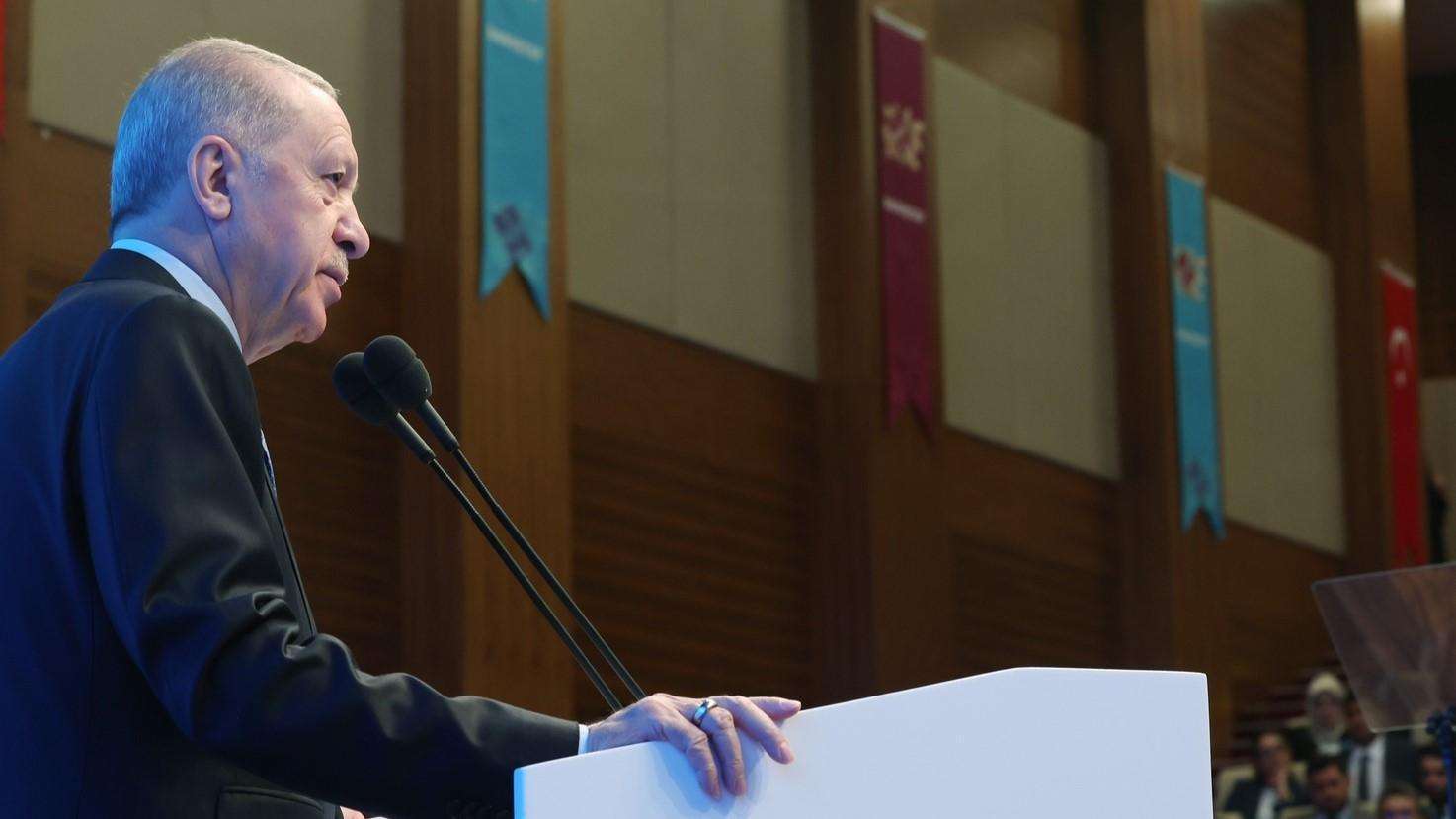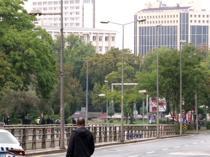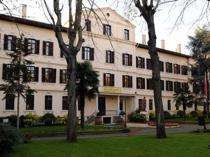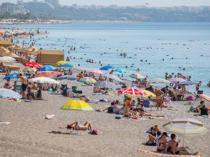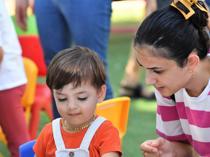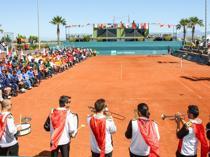Turkish History Foundation maintains Turkey’s memory
ANKARA - Anatolia News Agency
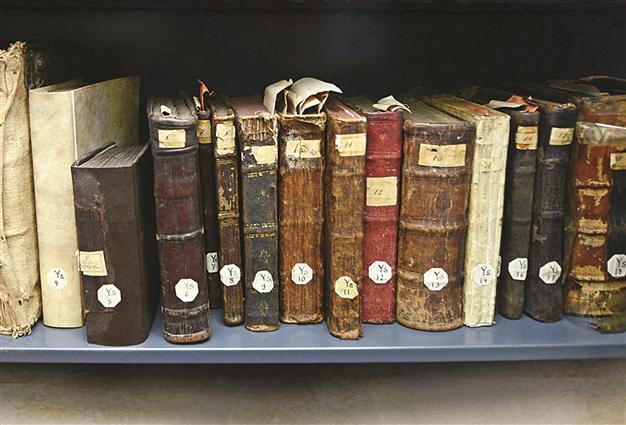
The Turkish History Foundation has been keeping important documents and photos related to Ottoman and Turkish history since 1931. Researchers can request books or documents by delivering written forms after following certain procedures.
The Turkish History Foundation (TTK), established in 1931 by the founder of the Turkish Republic, Mustafa Kemal Atatürk, has been keeping important documents and photos related to Ottoman and Turkish history for the past 82 years.Only officials are allowed to enter the archive, where personal documents and photos are also kept. Among these documents are private collections belonging to Atatürk and Ottoman military officer Enver Pasha; the Külliyat’ı Kalavin (Ottoman Judiciary System); a copy of the diary kept by Dr. Akil Muhtar on Atatürk’s disease; the secret writings of Turkey’s first prime minister İsmet İnönü; the activities of Turkish general Kazım Orbay, Enver Pasha and their friends between 1914 and 1918; the notes of Professor Süheyl Ünver on cultural history and many of his oil paintings; documents related to the Ottoman grand vizier Tevfik Pasha and the March 31 incident, as well as the Hatay and Armenian incidents.
Speaking to Anatolia news agency, TTK President Professor Mehmet Metin Hülagü said the building has housed the TTK for 45 years and is home to a library of some 100,000 books.
“Turkish and foreign academics as well as organizations and institutions are taking advantage of the library. The library keeps widely accessible books as well as ones that cannot be found elsewhere. You can find books here that you cannot find in other libraries. We also have nearly 20,000 rare works and 1,800 manuscripts. Among those are the one and only copies of works that were written in the 1600’s.”
According to Hülagü, only workers are allowed to enter the library. However, researchers can read library documents in the library’s hall or the additional section apart from the reading room.
Researchers can request books or documents open to research by delivering written forms after following certain procedures.
Upon obtaining the form, an official brings the document through an elevator from the labyrinthine library in the lower floor of the reading room, Hükagü added.
Family tree of prophets
Manuscripts and rare books are kept in a locked section monitored by security cameras, according to Hülagü.
“We are preparing to transfer rare books and manuscripts to a digital environment. We want to finish it within a short time and share it with the public. There are some 800 manuscripts here in various languages. Among them is a 40-folder work written by an Ottoman citizen of Armenian origin including judiciary arrangements and regulations in the Ottoman period between 1500 and 1908. A nine-meter document on the family trees of prophets from Mohammed to Adam written by Yusuf Bin Abdullatif in the 1700’s is a very important document and has no other copy. But current opportunities do not enable us to display these documents. Since these works are heavily worn, we want researchers and academics not to touch them with their bare hands. They can touch them with plastic gloves only. Most of the manuscripts are in the Ottoman language. If citizens apply to us, we can make a protocol with them, give them a copy and in this way they can be published. Then the risk of losing these documents will disappear.”
In addition to the library, TTK also has a private archive section, the key of which is granted to an archive worker who is not allowed to enter the section alone. The archive keeps the private collections, documents and photos of Atatürk, Ottoman sultans, generals, statesmen and artists.
This section also keeps documents such as newspaper clippings on Atatürk and gravures of the Ottoman dynasty. “Our archive also has the letters owned by Turkey’s first female parliamentarian Benal N. Arıman’s father Tevfik Nevzat, the secret writings between Enver Pasha and his friends, the first edition of Hakimiyet-i Milliye newspaper, the writings of İsmet İnönü, old photos of various Turkish provinces, photos from Israel and Palestine, etc,” Hülagü said.
Researchers from abroad
Hülagü said that those who want to conduct research in the archive could apply personally or through the postal service by clarifying their identity information, address, aim and topic of research.
“For foreign researchers, these applications can be made through Turkish embassies or consulate generals abroad. The applications are sent to the TTK through the Foreign Ministry. Personnel from public or private institutions should also bring a document of approval from their institution.
Reservations are necessary for research and researchers cannot demand new documents without returning the ones they have,” Hülagü said.


